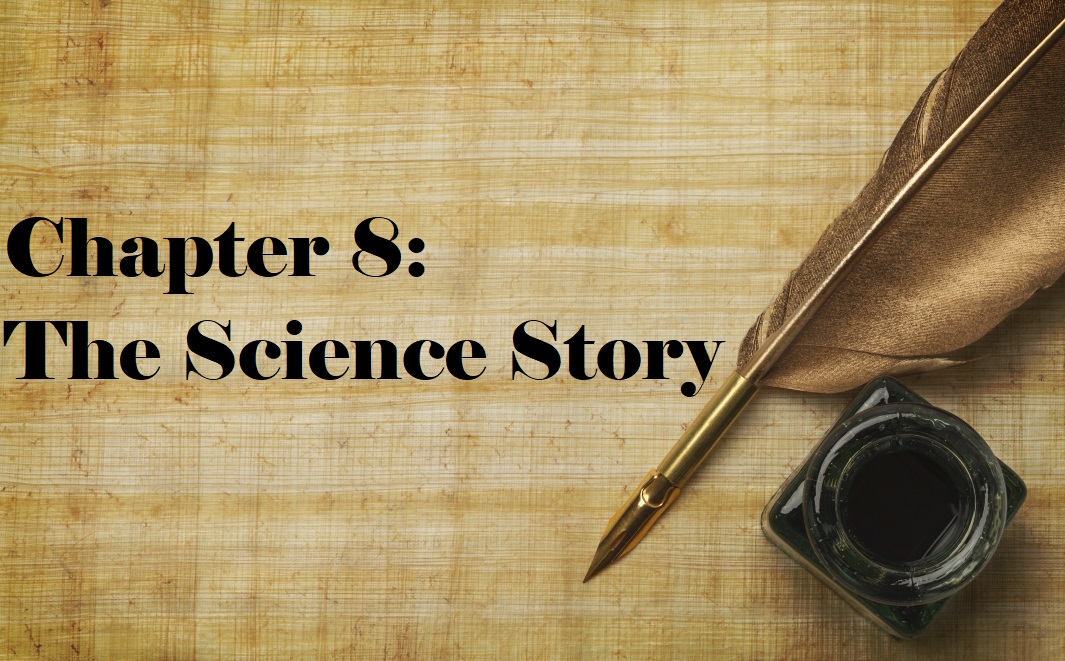Podcast: Play in new window | Download | Embed
Subscribe: RSS
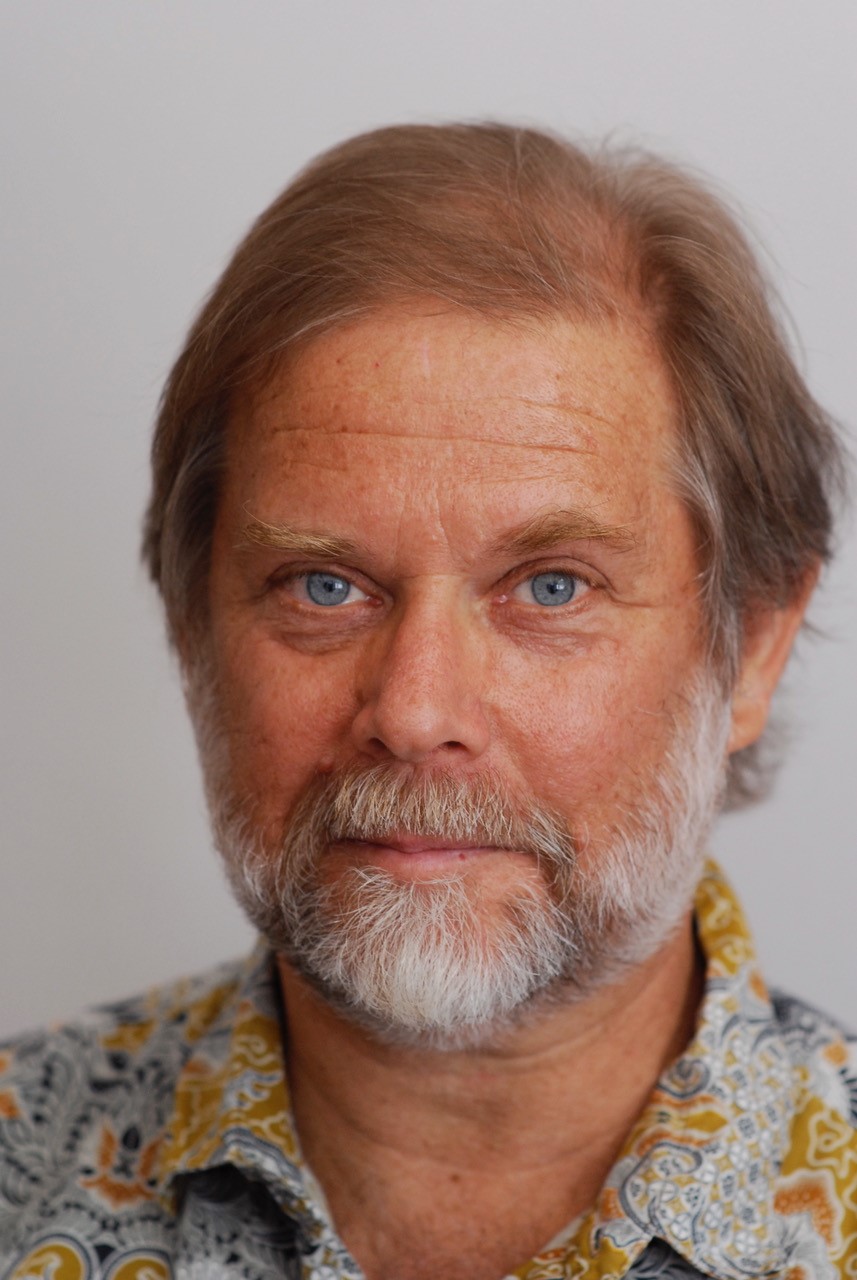
Without a doubt, the social revolution in the West and individual insight/enlightenment in the East are among humanity’s greatest accomplishments. But we can have them separate no longer for we desperately need both because individual people make society but, in turn, society makes individuals. We need to unite the quest for personal enlightenment and the revolutionary zeal toward progress and systemic change to survive and thrive in the 21st century. This is what Prof. David Loy has spent his life trying to accomplish – i.e. to bridge the gap between the East and the West, Buddhism and modernity, personal enlightenment, and systemic change. And that is why I decided to interview him on SingularityFM.
During our 2-hour conversation with David Loy, we cover a variety of interesting topics such as climate change and the most dangerous moment of our civilization; his journey from analytic philosophy to Buddhism; responding appropriately and the need for some kind of contemplative practice to guide us; Buddhism, the 3 poisons and bringing down wisdom from the top of the mountain; his 3 tips for EcoSattva; despair and having no expectations, Jundo’s suggestion for brain-implants and the gamification of Enlightenment; existential risks, AI, democracy and colonizing Mars; the delusion of separation and minimizing suffering; why the world is made of stories.
My favorite quote/question that I will take away from this conversation with David Loy is:
How do I respond appropriately? [Isn’t that question pointing at the very essence of wisdom that every challenge demands of us?!]
As always you can listen to or download the audio file above or scroll down and watch the video interview in full. To show your support you can write a review on iTunes, make a direct donation, or become a patron on Patreon.
Who is David Loy?
David Robert Loy is a professor, writer, and Zen teacher in the Sanbo Zen tradition of Japanese Zen Buddhism.
He is a prolific author, whose essays and books have been translated into many languages. His articles appear regularly in the pages of major journals such as Tikkun and Buddhist magazines including Tricycle, Lion’s Roar, and Buddhadharma, as well as in a variety of scholarly journals. Many of his writings, as well as audio and video talks and interviews, are available on the web. He is on the advisory boards of Buddhist Global Relief, the Clear View Project, Zen Peacemakers, and the Ernest Becker Foundation.
David lectures nationally and internationally on various topics, focusing primarily on the encounter between Buddhism and modernity: what each can learn from the other. He is especially concerned about social and ecological issues. A popular recent lecture is “Healing Ecology: A Buddhist Perspective on the Eco-crisis”, which argues that there is an important parallel between what Buddhism says about our personal predicament and our collective predicament today in relation to the rest of the biosphere. Presently he is offering talks and workshops on Ecodharma: Buddhist Teachings for the Ecological Crisis”, his latest book published in 2019. He also leads meditation retreats.
Loy is a retired professor of Buddhist and comparative philosophy. His BA is from Carleton College in Northfield, Minnesota, and he studied analytic philosophy at King’s College, University of London. His MA is from the University of Hawaii in Honolulu and his Ph.D. is from the National University of Singapore. He was a senior tutor in the Philosophy Department of Singapore University (later the National University of Singapore) from 1978 to 1984. From 1990 until 2005, he was a professor in the Faculty of International Studies, Bunkyo University, Chigasaki, Japan. In January 2006, he became the Besl Family Chair Professor of Ethics/Religion and Society with Xavier University in Cincinnati, Ohio, a visiting position that ended in September 2010. In April 2007, David Loy was visiting scholar at the University of Cape Town, South Africa. From January to August 2009 he was a research scholar with the Institute for Advanced Study, the Hebrew University, Jerusalem. From September through December 2010 he was in residence at Naropa University in Boulder, Colorado, with a Lenz Fellowship. In November 2014, David was a visiting professor at Radboud University in the Netherlands. In January through April 2016, David was visiting Numata professor of Buddhism at the University of Calgary.
In June 2014, David received an honorary degree from Carleton College, his alma mater, during its 2014 Commencement. In April 2016 David returned his honorary degree to the College, to protest the decision of the Board of Trustees not to divest from fossil fuel companies. His letter to the Trustees is available here. You can read press coverage here.
David Loy is one of the founding members of the new Rocky Mountain Ecodharma Retreat Center, near Boulder, Colorado. Please visit the website at rockymountainecodharmaretreat.org for more information. An article about the Ecodharma Center recently appeared in the local newspaper, the Daily Camera, which you can read here.
David is married to Linda Goodhew, a professor of English literature and language (and co-author of The Dharma of Dragons and Daemons). They have a son, Mark Loy Goodhew.

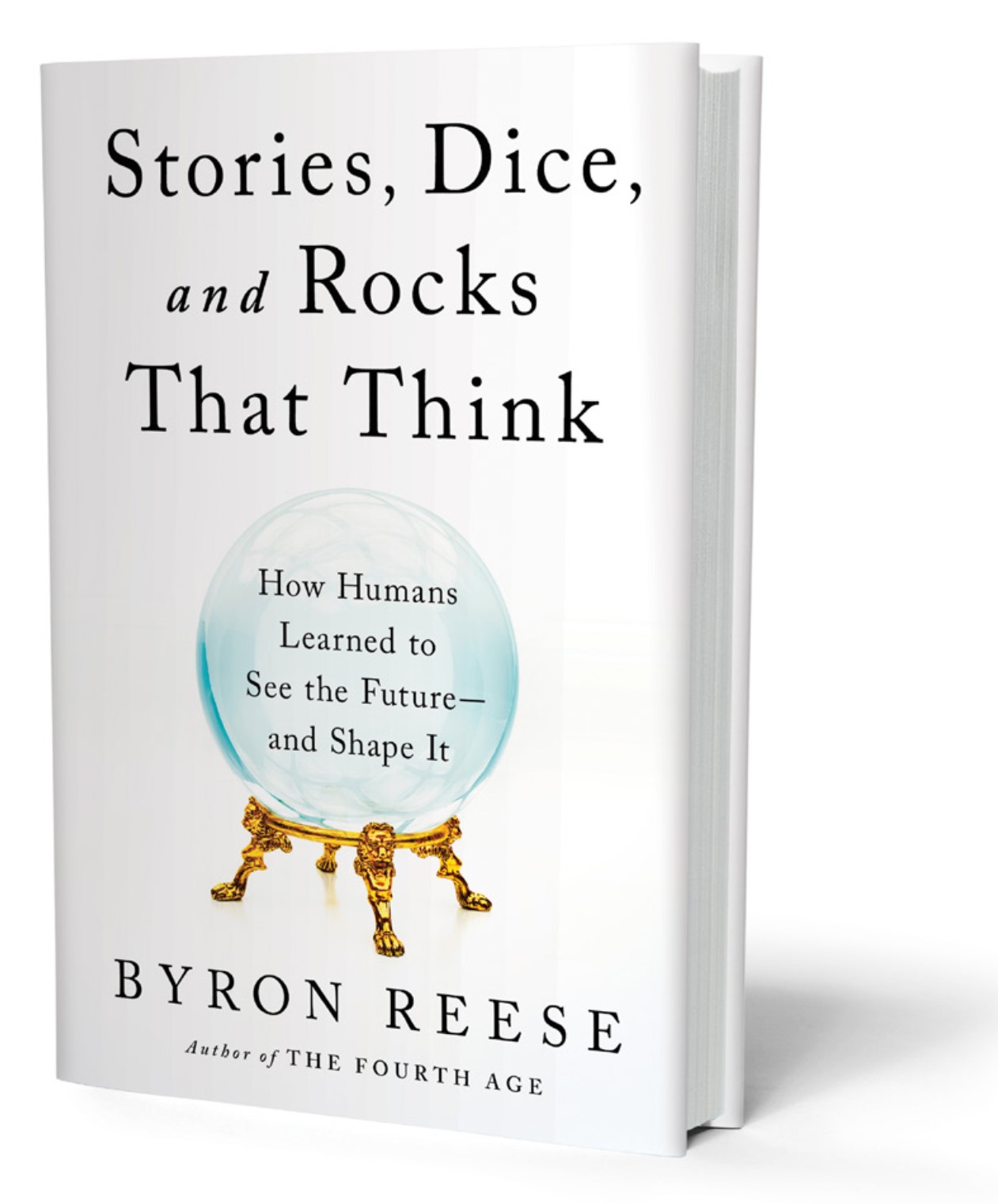
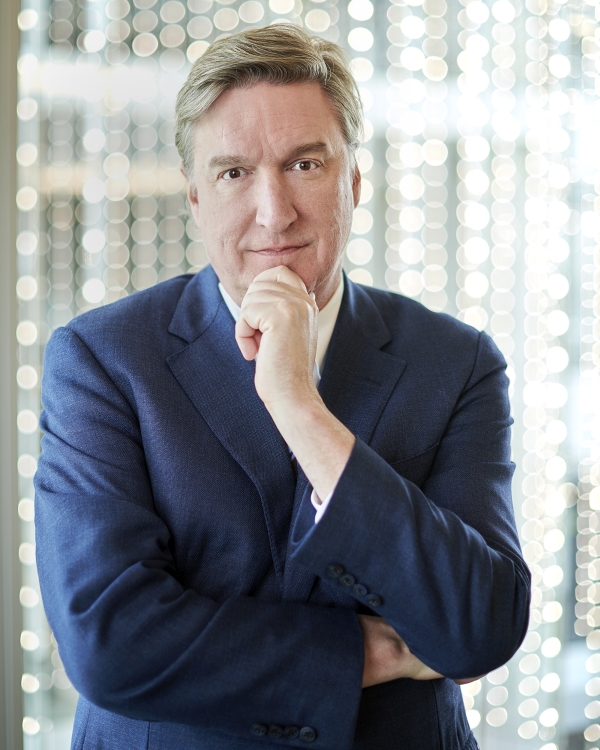 Speaking across the globe, Byron brings great enthusiasm and talent for deciphering our common destiny and unlocking business opportunities within it. As a successful entrepreneur, bestselling author, and award-winning futurist, Byron employs his perspective as a historian, futurist, and technologist to illuminate how the technology of today can solve some of our most daunting global challenges.
Speaking across the globe, Byron brings great enthusiasm and talent for deciphering our common destiny and unlocking business opportunities within it. As a successful entrepreneur, bestselling author, and award-winning futurist, Byron employs his perspective as a historian, futurist, and technologist to illuminate how the technology of today can solve some of our most daunting global challenges.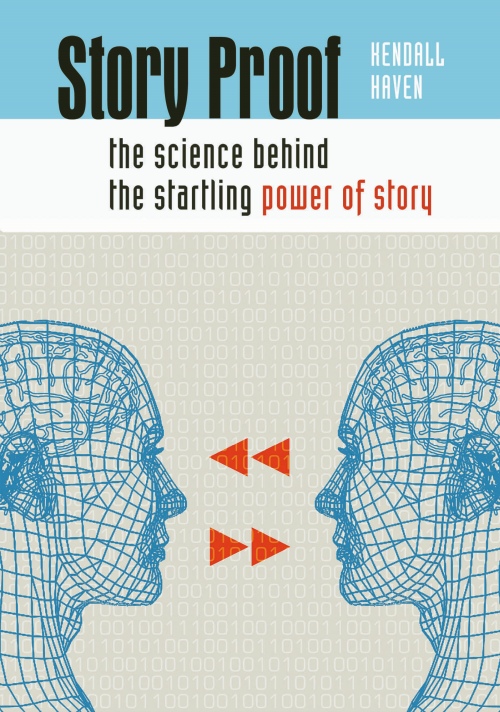 Dr.
Dr. 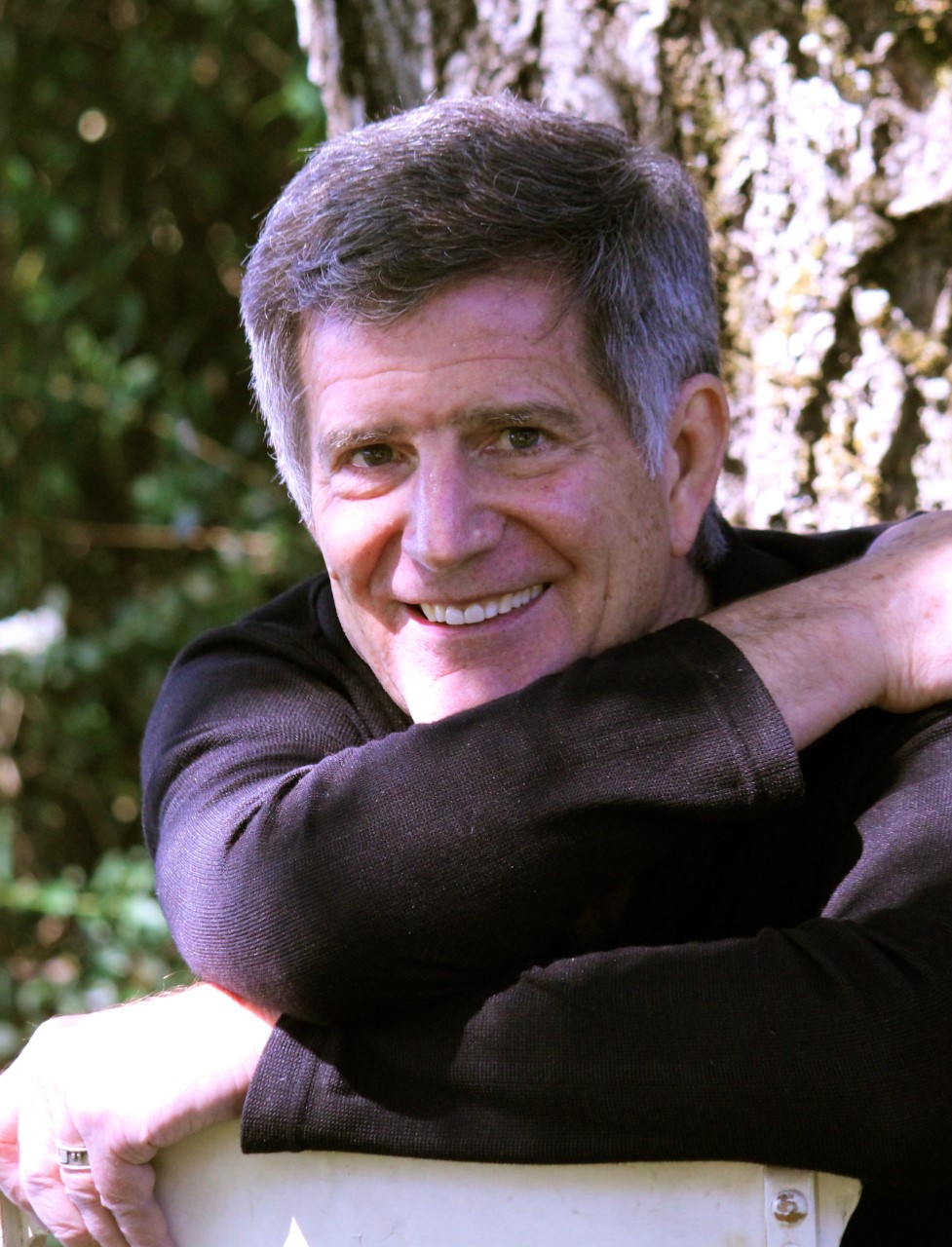 The only West Point graduate to ever become a professional storyteller,
The only West Point graduate to ever become a professional storyteller, 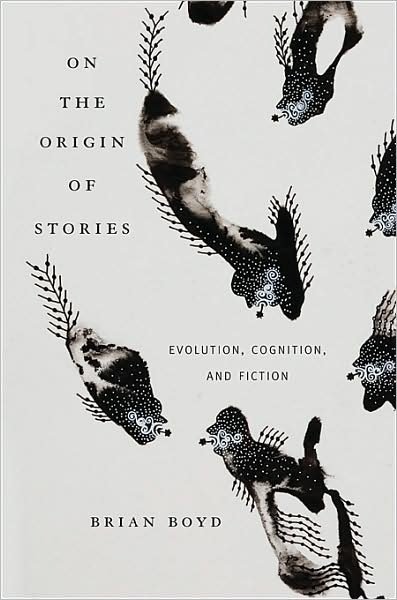
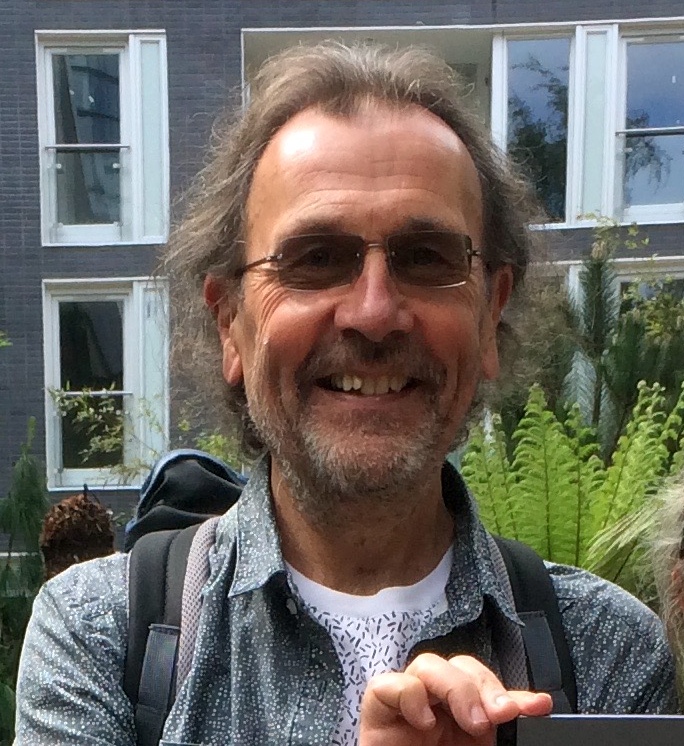
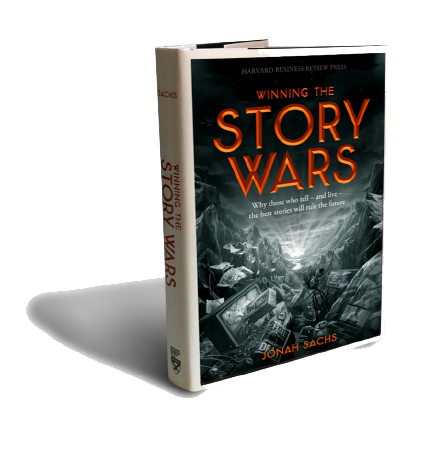
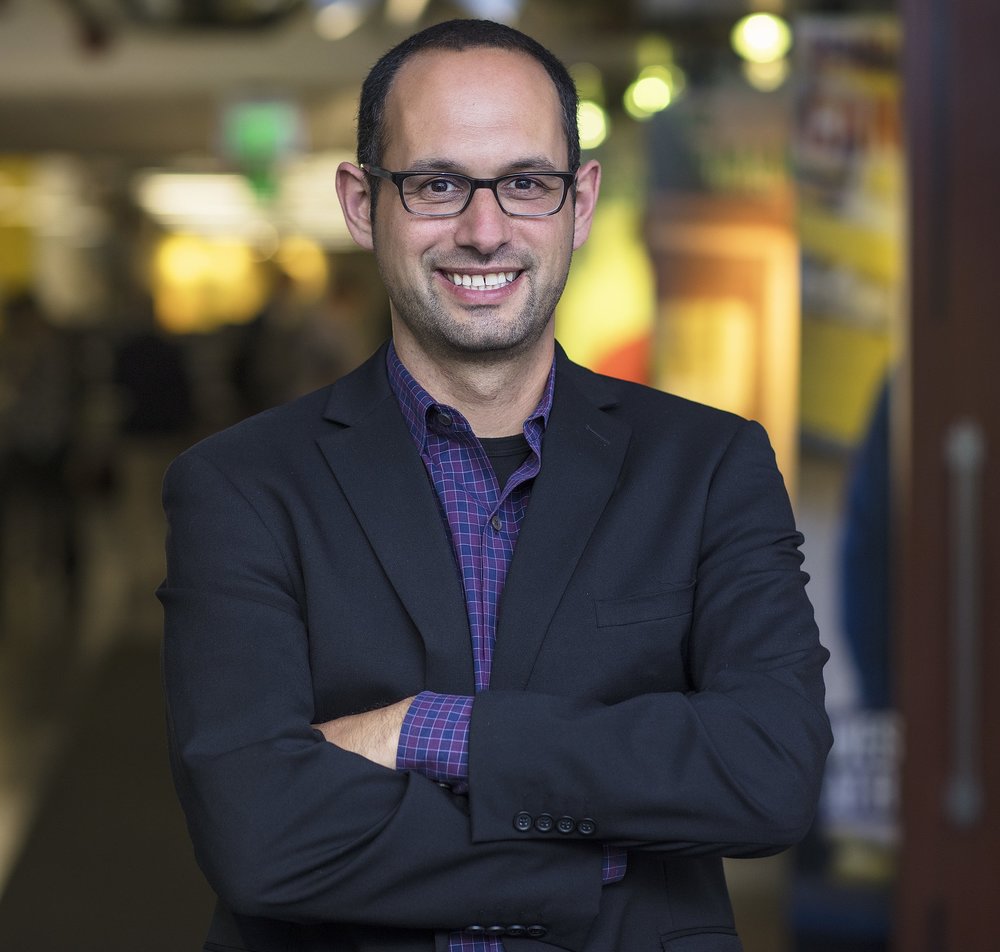 Jonah Sachs is an author, speaker and viral marketing pioneer. His new approaches to digital media have been critical in bringing the ideals of social change — such as equity, empowerment, responsibility and transparency — to the forefront of business and popular culture.
Jonah Sachs is an author, speaker and viral marketing pioneer. His new approaches to digital media have been critical in bringing the ideals of social change — such as equity, empowerment, responsibility and transparency — to the forefront of business and popular culture.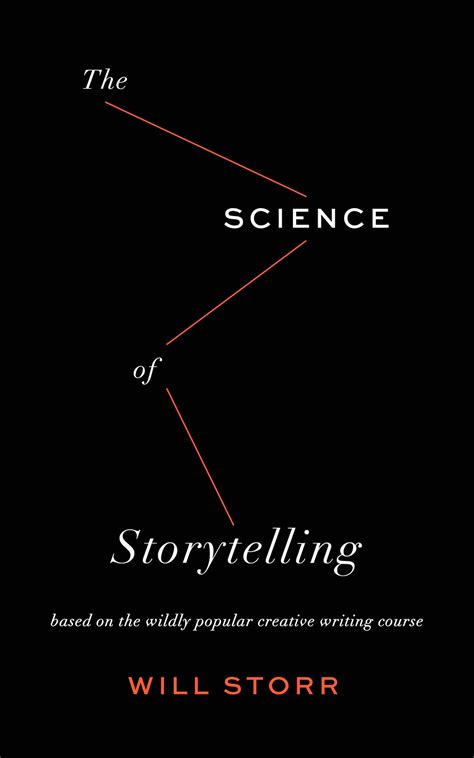 Many of you know that I’ve been working on a new book provisionally titled
Many of you know that I’ve been working on a new book provisionally titled 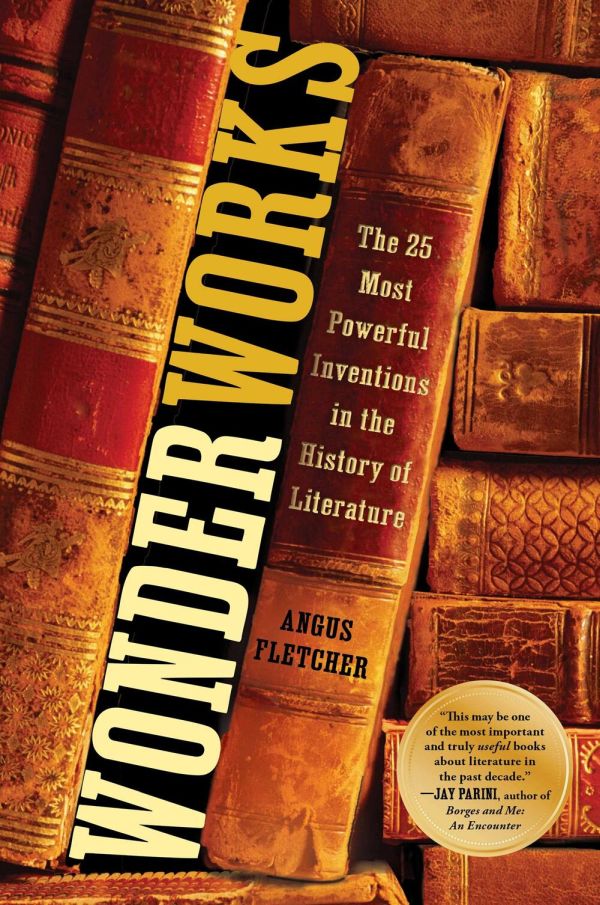 Prof.
Prof. 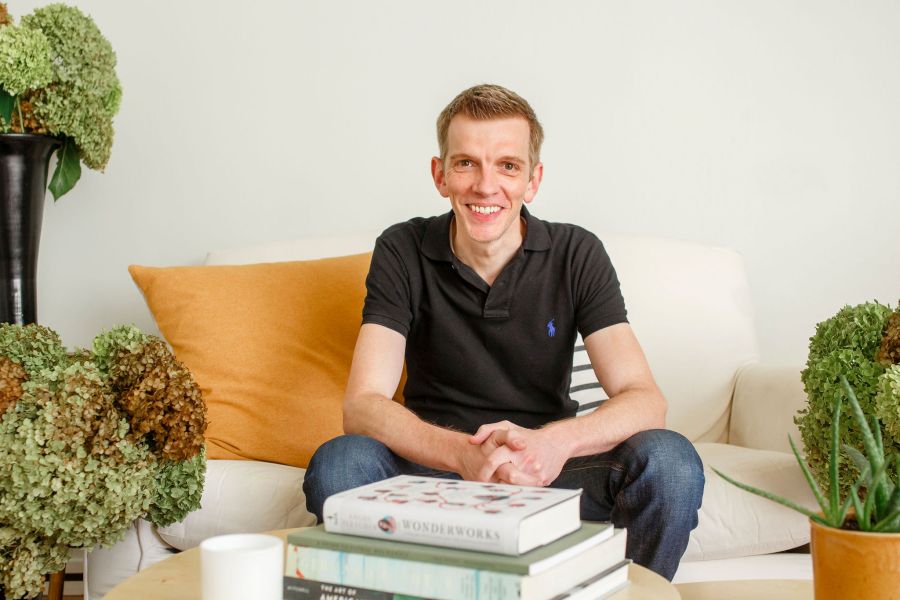
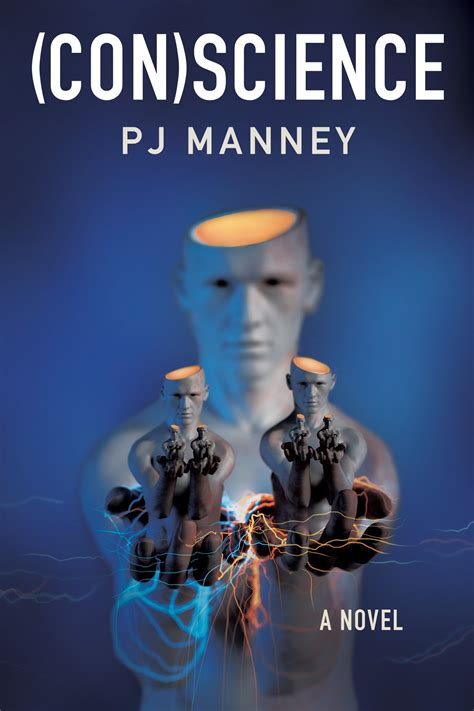 This is the second interview of my series on story, and my guest is
This is the second interview of my series on story, and my guest is  PJ Manney is the author of the bestselling and Philip K. Dick Award-nominated science fiction technothriller,
PJ Manney is the author of the bestselling and Philip K. Dick Award-nominated science fiction technothriller, 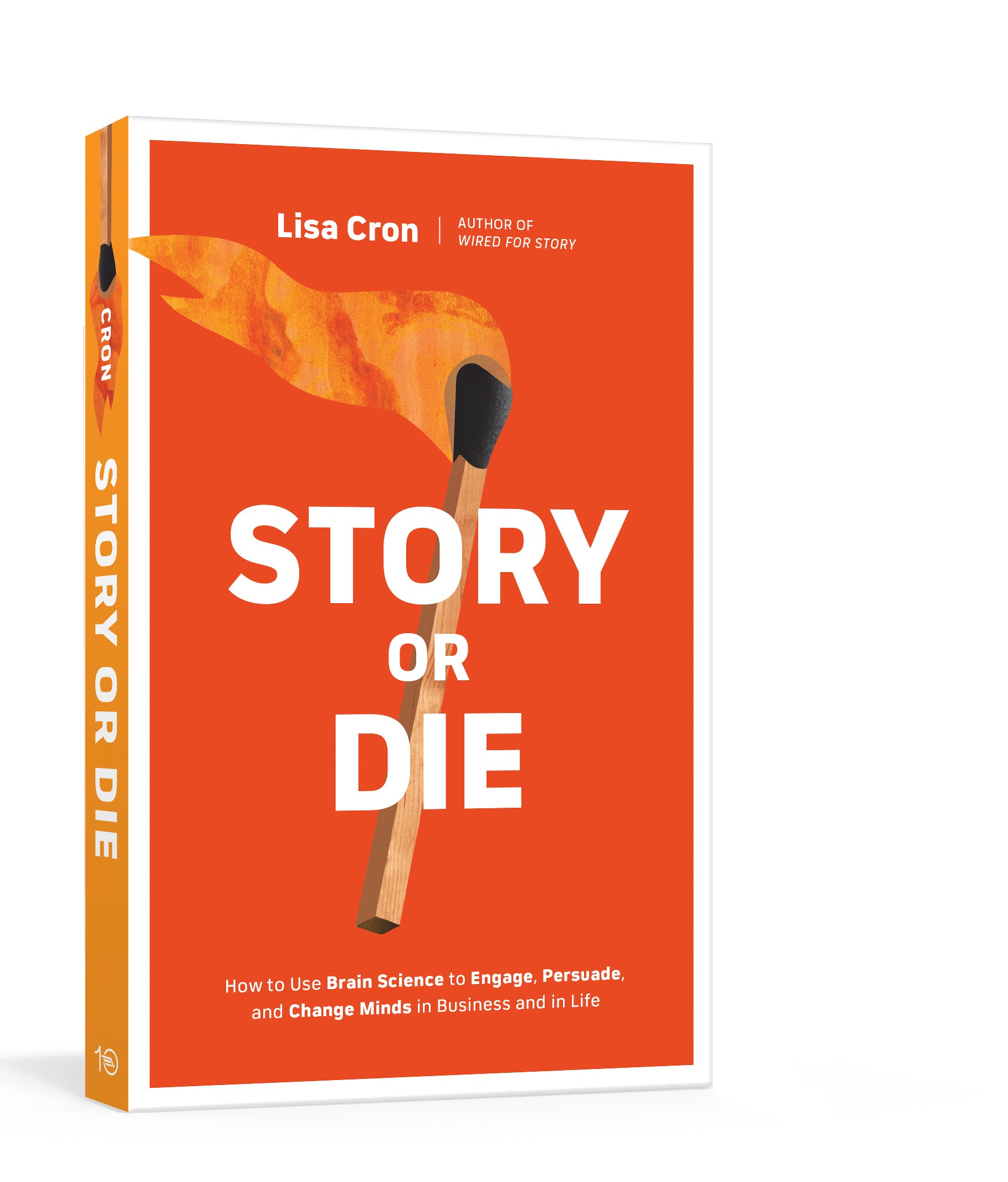 Some of you may know that I’ve been working on a new book. The provisional title is
Some of you may know that I’ve been working on a new book. The provisional title is 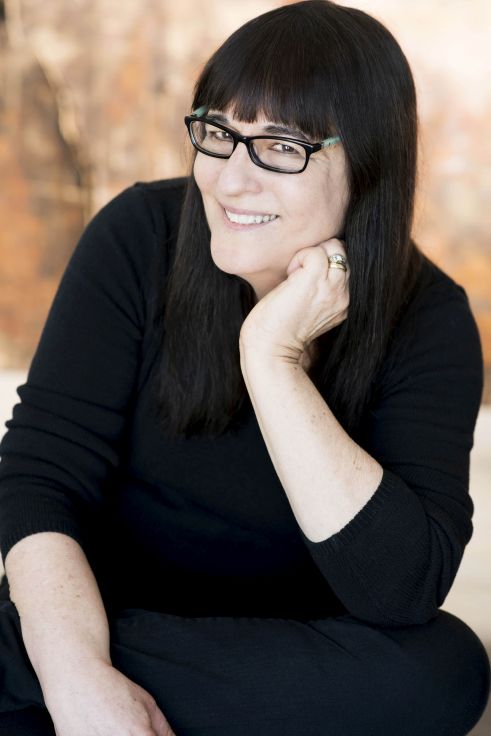 Lisa Cron is the author of Wired for Story, Story Genius, and most recently, Story or Die: How to Use Brain Science to Engage, Persuade, and Change Minds in Business and in Life. Her video course, Wired for Story: How to Become a Story Genius can be found at CreativeLive.com, and Writing: The Craft of Story at LinkedInLearning.com. Her TEDx talk, Wired for Story, opened Furman University’s 2014 TEDx conference.
Lisa Cron is the author of Wired for Story, Story Genius, and most recently, Story or Die: How to Use Brain Science to Engage, Persuade, and Change Minds in Business and in Life. Her video course, Wired for Story: How to Become a Story Genius can be found at CreativeLive.com, and Writing: The Craft of Story at LinkedInLearning.com. Her TEDx talk, Wired for Story, opened Furman University’s 2014 TEDx conference.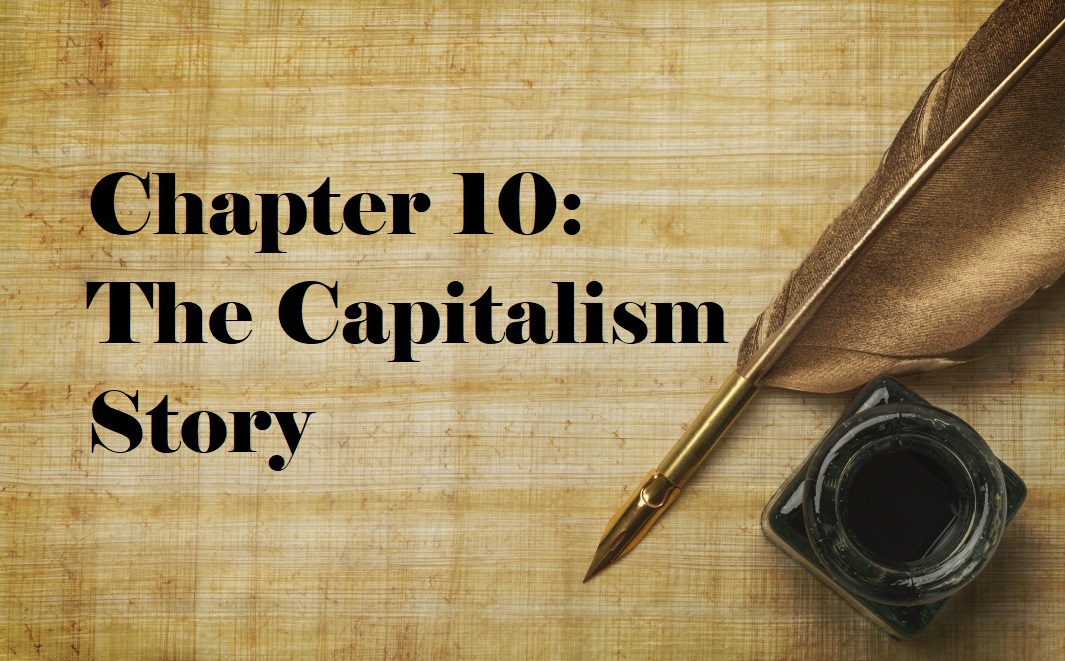 ReWriting the Human Story: How Our Story Determines Our Future
ReWriting the Human Story: How Our Story Determines Our Future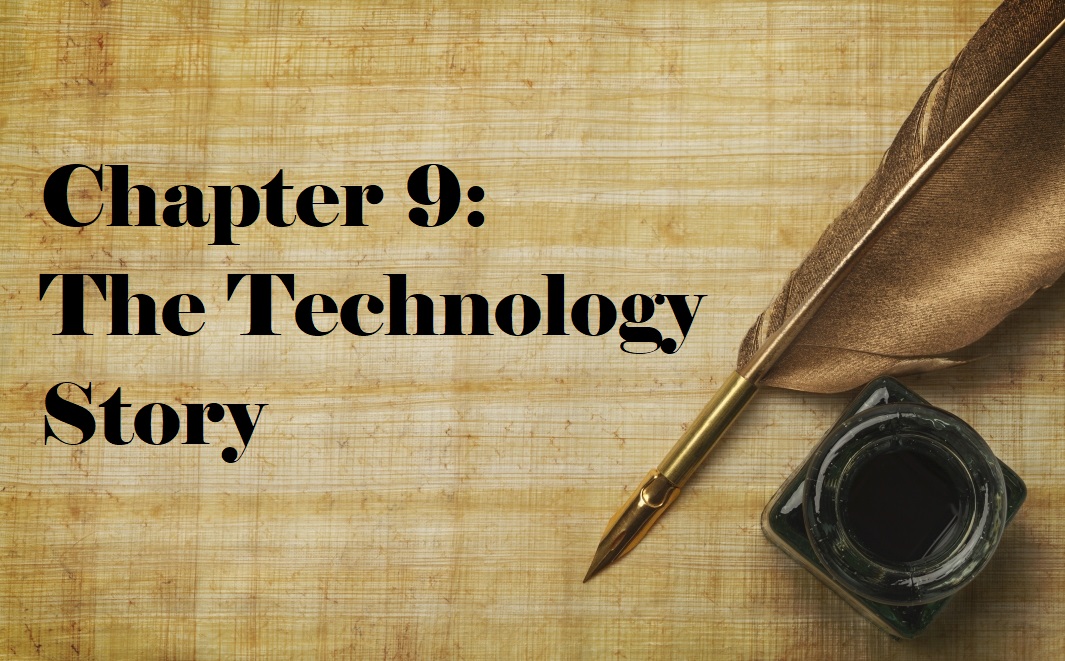 ReWriting the Human Story: How Our Story Determines Our Future
ReWriting the Human Story: How Our Story Determines Our Future